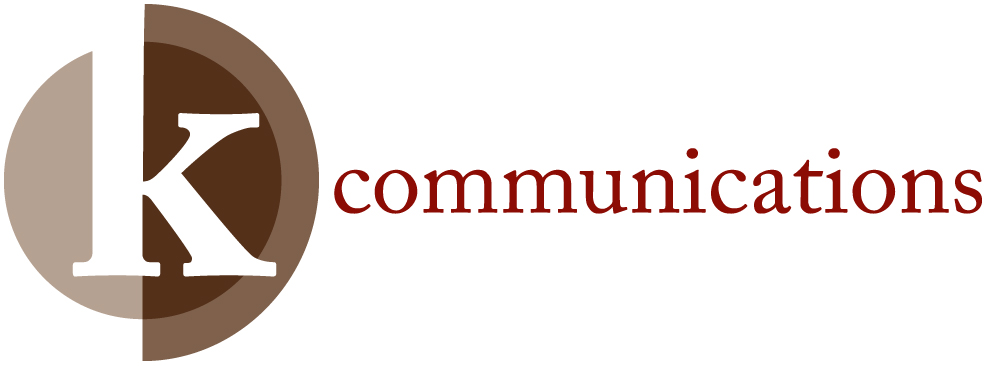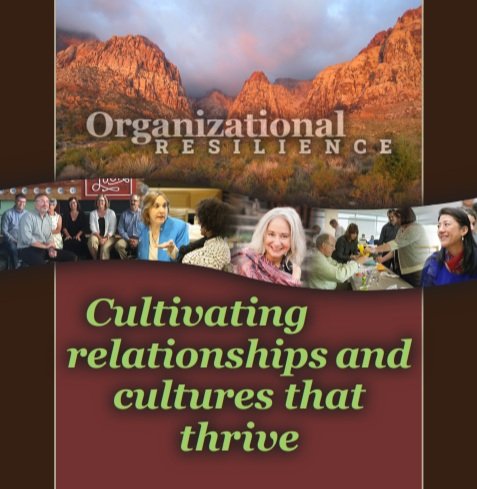Boundaries: The Promise of Empowerment
/The art of articulating your wants and needs
When Warren Miller’s “No Boundaries” extreme ski tour hit the Arlene Schnitzer theater in the mid-2000s, I admit I was bedazzled by the feats, the adrenaline, and the badassery of it all. The freedom of the wild, uncharted territory stirred up a spirit of adventure and unstoppable, rule-breaking energy.
No Limits. It feels so full of possibilities ... so empowering!
My relationship to boundaries was a concept of limitations. It felt like someone telling me what I could and could not do. It felt restrictive. And, for someone who values freedom, I wanted nothing to do with that notion of boundaries!
It took a few years before I understood the tremendous value boundaries can bring to self-care, healthy relationships, and high-functioning teams. I came to understand boundaries as a mechanism to be more responsible for my experiences, providing me with a way to construct a life on my terms.
Redefining the Lines.
Boundaries are a way to articulate what you want and need. They tell people what matters to you, what you stand for, and what you will not tolerate. Clear and healthy boundaries reflect healthy self-respect and are an acknowledgment of personal accountability. They serve as guidelines for how you are treated and how you treat others.
A Balancing Act
Consider for a moment how you want to be perceived in your workplace. Reliable? Helpful? Valuable? A team player? Kind and generous?
These are all worthy, admirable traits of any professional. Where we tend to get into trouble is when we over-index. We tip the scales to being hyper-reliable and helpful, regularly bending over backwards to accommodate others. Reactionary rather than responsive. We perceive our value as to being the “go to” person that always says, “yes”. We put in an extraordinary amount of effort at the eleventh hour and at the expense of other personal commitments, so that we don’t let the team down or the project falter. In the mistaken name of kindness and generosity we send mixed messages and unclear feedback while perpetuating coddling.
All of this muddies the water of good working relationships. It adds the burden of confusion to team dynamics and can lead to power struggles, assumptions, and resentment. Trust and respect are on the line when we fail to articulate and keep healthy boundaries.
Strong relationships have a more equal exchange of give and take. We negotiate with each other to accomplish the tasks at hand while getting our fundamental needs met. When people know where we stand – and where they stand with us – we create a space for honest dialogue.
Where Boundaries Often Exist
Time, energy, and personal space are common domains for boundary-setting. Your time is finite and how you spend it reflects your values and priorities. If you find your calendar regularly at the whim of others’ demands, you likely will not feel in control of your own time.
If you find yourself exhausted from overcommitments or energy sucking activities and people, you may need to set boundaries to protect your own energy. Boundary setting is essential when you experience unacceptable behavior from others such as disrespect or hostility. It may come in the form of someone talking over you, taking credit for your work, speaking ill of others, showing up late, not responding to repeated requests, or in taking advantage of you in some way.
Violations + Triggers – How do you know a boundary has been crossed?
You may not have clear boundaries in place, but you likely have experienced the emotions that come with a boundary violation.
Emotional states such as anxiety, anger, shame, annoyance, indignation, not feeling appreciated, are cues that something is amiss. These telltale signs can help bring clarity to what we want that we are not getting.
Why can it be so hard to create and maintain boundaries?
Have you had the experience of someone asking you to go to an event that you don’t want to go to, and if you have a pre-existing commitment, you cheerfully reply, “Thanks for the invite but I have plans”. Yet, if you don’t actually have plans, find it uncomfortable just to say, “No thanks.”?
When we attempt to put a boundary in place we may feel like we are letting others down. We may feel real or perceived pressure to say yes. It can stir up a twinge of guilt.
It is a social skill to read people. If, however, we spend so much energy considering what we say and how we say it, we might be mistaking our emotional awareness with people pleasing.
There is nothing wrong with wanting to be helpful. The problems emerge when we take on other peoples’ issues as our own. We can be responsible to others without being responsible for them.
We also may have a perception that “boundary keepers” are rigid, too sensitive, or selfish, thereby making boundary setting feel unsavory. A reframe is that boundary keepers are committed to long term sustainable success, creating an environment of focus, respect, clarity, and continued check-ins to reflect the evolving needs of the work environment.
How to become a better, guilt-free, empowered "Boundary Keeper"
Protect your time. Whether that’s a time block to tackle a work project without interruption or keeping an agreement you’ve made with yourself.
Limit time with people whose energy is exhausting to you.
Ask for help or delegate.
Don’t answer emails after hours or on weekends.
Renegotiate priorities when your workload is at capacity.
Stop being the dumping ground of office drama. You can choose to listen but redirect them to resolve the issue with the person with whom they are in conflict.
Maintain objectivity by not getting too invested in others’ stuff.
Don’t share someone else’s struggles. It’s their story to tell.
What boundary are you ready to set?
Maintaining boundaries requires a healthy dose of self-awareness and discipline. Stay connected to what you see as the benefits of honoring your boundaries. Don't be surprised if you find it to be an incredibly freeing and empowering experience!
~ Karen
P.S. I invite you to confidentially share your boundary breakthroughs and setbacks with me. I love hearing from other people doing the work, or as Brene Brown likes to say, someone who is "in the arena".



